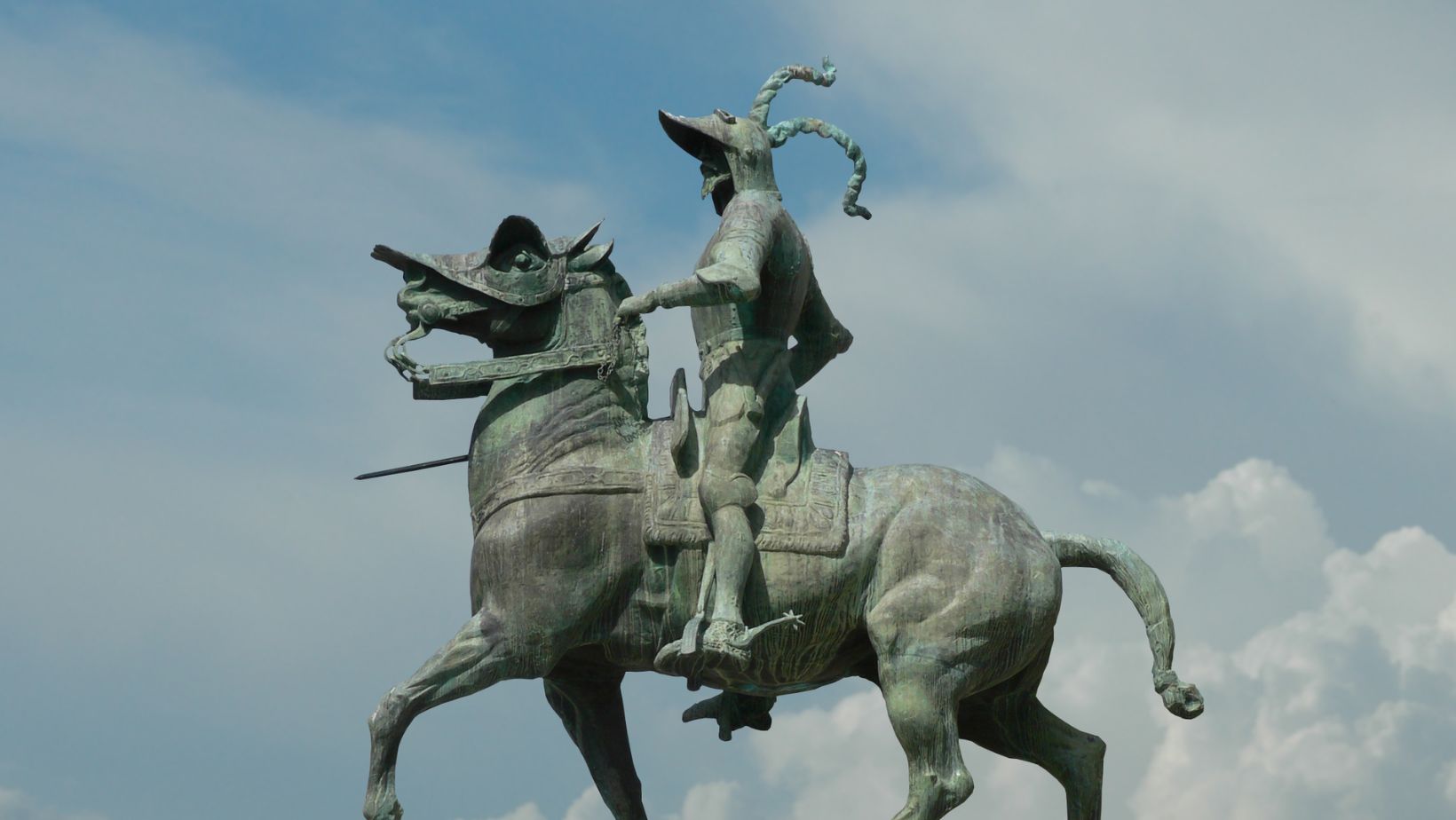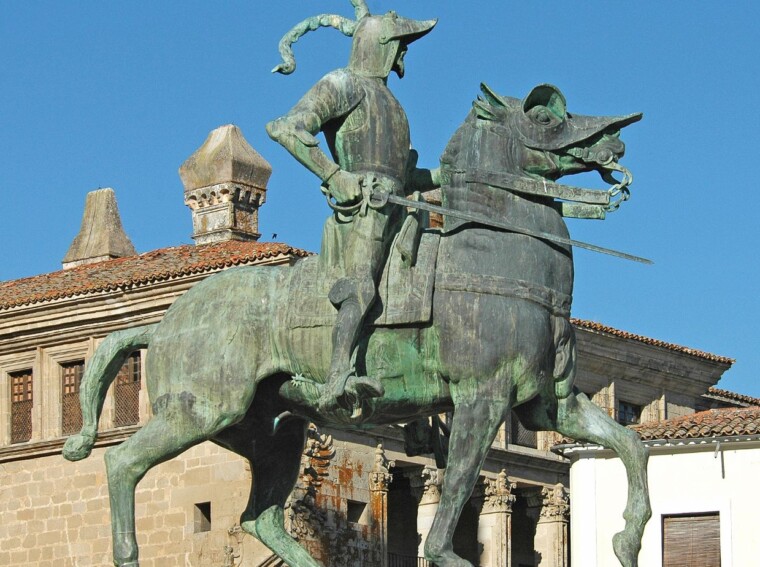What Originally Made Trujillo a Target for Attacks
Growing up in the Dominican Republic, I often heard stories about the notorious dictator Rafael Trujillo. His iron-fisted rule and brutal tactics made him a feared figure in our nation’s history. However, it was not until I delved deeper into the subject that I discovered the reasons behind the numerous attacks against Trujillo. In this article, I will explore the factors that originally made Trujillo a target for these attacks and shed light on the turbulent times that shaped our country’s past.
Trujillo’s rise to power was marked by a series of cunning political moves and manipulations. As he consolidated his control over the Dominican Republic, he implemented a regime characterized by corruption, censorship, and human rights abuses. This oppressive environment created a breeding ground for dissent and resistance, ultimately leading to Trujillo becoming a target for those who sought to challenge his authority. In this article, I will delve into the specific actions and policies that fueled the opposition against Trujillo’s regime.
The international community also played a crucial role in turning Trujillo into a target. As news of his oppressive rule spread beyond the borders of the Dominican Republic, Trujillo’s reputation as a dictator grew. This led to increased scrutiny and condemnation from foreign governments and organizations, further isolating him on the global stage. The mounting pressure from abroad not only fueled the opposition’s determination but also laid the groundwork for potential international intervention. In this article, I will examine the impact of international pressure on Trujillo’s regime and how it contributed to the attacks against him.
Trujillo’s Rise to Power
In order to understand what originally made Trujillo a target for attacks, it is important to examine his early years and the events that shaped his rise to power.
Childhood and Military Career
Rafael Trujillo was born on October 24, 1891, in San Cristobal, Dominican Republic. Growing up in a modest family, he experienced poverty and limited opportunities. However, his ambition and determination led him to pursue a career in the military.
Trujillo joined the National Guard and quickly rose through the ranks due to his exceptional leadership skills. His military career provided him with a platform to gain influence and build a loyal following.
Seizing Control
In 1930, Trujillo took advantage of a power vacuum and staged a coup against the existing government. With the support of the military and influential allies, he successfully seized control of the Dominican Republic. Trujillo’s ability to manipulate the political landscape and eliminate his opponents allowed him to consolidate his power.
Authoritarian Rule
Once in power, Trujillo established an authoritarian regime. He implemented strict censorship, suppressing any form of dissent or opposition. The media was heavily controlled, and critics of the regime faced severe consequences.
Trujillo’s regime was also marked by corruption and human rights abuses. He used his position to amass vast personal wealth, while the majority of the population lived in poverty. Any opposition to his rule was met with violence and repression.
International Reputation
As Trujillo’s actions became known internationally, his reputation as a dictator grew. Foreign governments, particularly the United States, began to condemn his regime and question his human rights record. This international scrutiny further fueled the opposition’s determination to challenge and overthrow Trujillo.
Trujillo’s rise to power was characterized by his military career, his ability to manipulate the political landscape, and the establishment of an authoritarian regime. These factors, combined with his growing international reputation as a dictator, laid the groundwork for the attacks and opposition that would follow.

Political Repression Under Trujillo’s Regime
During his reign, Rafael Trujillo implemented a regime marked by intense political repression, which further solidified his position as a target for attacks. Trujillo’s authoritarian tactics were designed to maintain control and suppress any form of dissent. Here are some key aspects of the political repression under his regime:
1. Censorship and Control of Media: Trujillo tightly controlled the media, ensuring that only information supporting his regime was disseminated. Newspapers, radio stations, and other forms of media were heavily monitored and censored. This allowed Trujillo to maintain a favorable public image while silencing any criticism or opposition.
2. Surveillance and Informants: The Trujillo regime employed a vast network of informants and secret police to monitor and report on the activities of citizens. This pervasive surveillance created a climate of fear, stifling any potential opposition and making it difficult for dissenting voices to organize.
3. Suppression of Political Opposition: Trujillo ruthlessly targeted and eliminated any perceived threats to his power. Political opponents, including members of rival political parties, were arrested, tortured, and often executed. This ruthless suppression of opposition further fueled the desire to overthrow Trujillo’s regime.
4. Human Rights Abuses: Trujillo’s regime was also notorious for its widespread human rights abuses. Dissidents, activists, and innocent civilians alike were subjected to torture, forced disappearances, and extrajudicial killings. These flagrant violations of basic human rights drew international condemnation and increased the pressure on Trujillo.
5. Cult of Personality: Trujillo cultivated a cult of personality around himself, portraying himself as an indispensable leader and savior of the nation. This propaganda machine further solidified his grip on power and created a climate of fear and adulation.

